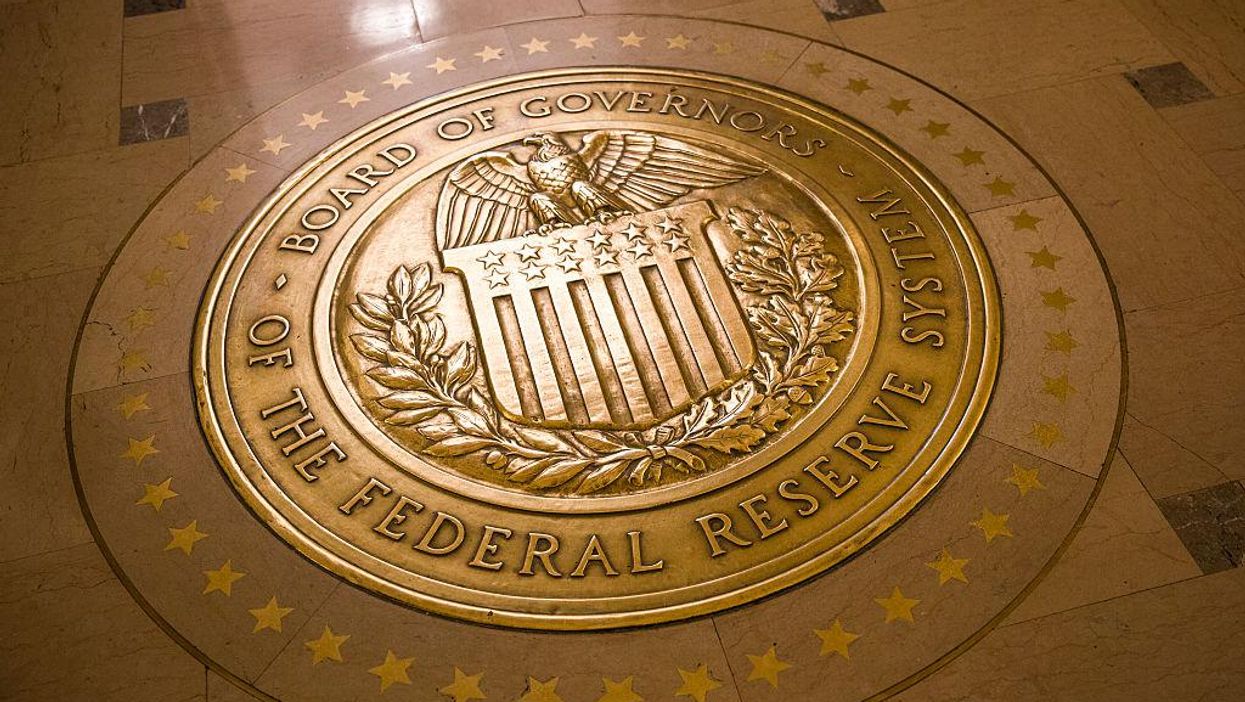
Brooks Kraft/ Getty Images

The Federal Reserve is set to abruptly change its monetary policy now that inflation has reached the highest levels in nearly four decades, shooting up to 6.8% in November.
Beginning Tuesday, Fed officials will meet to discuss ending the COVID-19 pandemic policy of keeping short-term interest rates near zero. During this two-day meeting, economists expect that the Fed will announce steps to begin "tapering" — slowing down the monthly purchases of government-backed debt, called bonds. When the Fed buys bonds, it injects more money into the economy, which increases the money supply and pushes prices higher and interest rates lower. Conversely, if the Fed sells bonds, it pulls cash out of the economy, which lowers prices and raises interest rates.
Since the COVID-19 pandemic caused a recession in 2020, the Fed has kept interest rates at near zero to support economic recovery. But mounting concerns over rising prices are causing the Fed to re-evaluate its policy.
Last month, the Fed said it would reduce its $80 billion in monthly Treasury purchases and $40 billion in mortgage purchases by a total of $15 billion each month, which would put the Fed on pace to cease buying debt by June. But recent comments from John Williams, the president of the Federal Reserve Bank of New York, indicate the Fed will "grapple" with speeding up the end of bond purchases. Williams told the New York Times in an interview that the COVID-19 Omicron variant could prolong the supply chain issues that are driving prices up, meaning continued stimulus from the Fed buying bonds could make inflation even worse.
Federal Reserve chairman Jerome Powell also hinted that the Fed will accelerate the end of the pandemic-era stimulus. Testifying before the Senate Banking Committee in late November, he acknowledged that "inflationary pressures are very high."
"It is therefore appropriate in my view to consider wrapping up the taper of our asset purchases, which we actually announced at our November meeting, perhaps a few months sooner,” he said.
How much sooner? According to USA Today, many economists believe the Fed could as much as double its plans to slow bond purchases to $30 billion fewer per month, which would end the stimulus as early as March. As a result, Americans could begin to see interest rates rising in spring, provided that inflation does not ease up on its own.
The Fed will release new projections for interest rate hikes in 2020 and beyond. Back in September, policymakers forecast only one interest rate hike next year. But now, Barclays economist Jonathan Millar predicts the Fed will raise interest rates twice in 2022 and three more times in 2023.
Higher interest rates would mean all loans will be more expensive in the long term, whether taken out for buying a house, a new car, college tuition, or credit card bills. This would put downward pressure on consumer spending. At the same time, bank savings rates and CD rates — which for years now have been virtually worthless — will rise, rewarding anyone who saves money in a bank account.
Less consumer spending and more savings will have the effect moderating price increases, which hopefully will keep inflation in check. However, if most of the price increases Americans are experiencing today are caused by pandemic-related supply bottlenecks, interest rate changes won't have much of an impact on those issues. And if the federal government continues to spend money on fiscally irresponsible stimulus programs, rising consumer spending will continue to drive prices up.